In ‘Best of Enemies,’ Politics Becomes the Spectator Sport We’re Still Watching
The documentary spotlights the riveting 1968 exchanges between Gore Vidal and William F. Buckley that set the bar for political TV and helped frame America’s culture wars.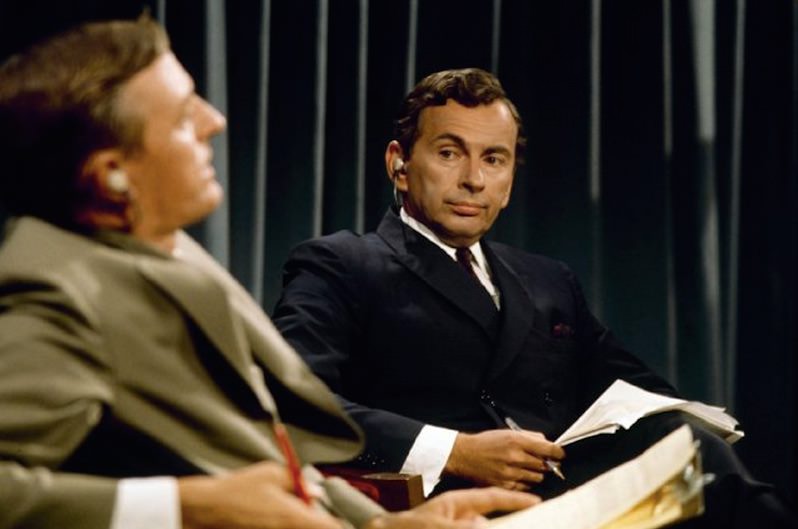 IMDb
IMDb
After William F. Buckley died in February 2008, Truthdig editors received an email from Gore Vidal’s assistant. Attached was Vidal’s retina-singeing statement about Buckley’s death, which blasted the mainstream news business while delivering a deeply personal parting blow.
To say Vidal put a point on his legendary beef with the far-right founder of the National Review is to run with way too feeble a metaphor, given the scorched-earth quality of his sendoff. The most caustic lines in Vidal’s piece—which, after an episode of intercontinental editorial hand-wringing, joined the site’s archive of essays by the iconic author—almost overshadowed a shrewd media critique.
Included in Vidal’s anti-Buckley blitzkrieg were handy observations like these:
The habit of lying is now a national style that started with “news” magazines that was further developed by pathological liars that proved to be “good” Entertainment on TV. But a diet of poison that has done none of us any good.
I speak ex cathedra now, ad urbe et orbe, with a warning that no society so marinated in falsity can long survive in a real world.
This all might sound a bit sanctimonious coming from the man who once slyly joked, “I never miss a chance to have sex or appear on television” and whose biggest moment as a public intellectual happened on the small screen. And Vidal was never more ready for his close-up than when he faced off in 10 very feisty televised debates with Buckley during the 1968 Republican and Democratic presidential conventions in Miami and Chicago.
Those on-air exchanges made upstart network ABC into a contender and both debaters into household names, and now their vintage must-see-TV series has been revived in Robert Gordon and Morgan Neville’s nimble documentary “Best of Enemies.” Whoever among ABC’s top brass made the call to sic these two colossal intellects and egos on each other deserves some credit for this winning rematch nearly 50 years later, and watching the narrow-eyed rivals circle each other and flex their erudition is worth the ticket price alone. The “Enemies” title isn’t just a play on words but also a fact—a better pairing, in terms of both cerebral heft and basic entertainment physics, seems impossible, and the key players in this heady mix all knew it.
Sizing up the mark that their brand of proto-punditry left on American politics and culture is another matter. As the documentary convincingly points out, in essence their argument rages on, in epidemic proportions and on multiple platforms. What happened on ABC in 1968 contributed in some measure to the cacophonous breakdown of civil discourse that’s become a particularly nasty aspect of the news business, however highbrow its origins. As “Best of Enemies” also shows, the Vidal-Buckley debates framed issues and named parties that would propel the future culture wars: neoconservatism, “law and order,” identity politics, income inequality, race-based violence.
And their politics couldn’t get closer to the bone, as demonstrated by Vidal’s blatant bid to get in the last word with his Buckley obit. The two men never got over the ad hominem crisis that each accuses the other of causing in one infamous instance in Chicago, when Vidal called Buckley a “crypto-Nazi” and Buckley outed Vidal as a “queer” and threatened to clock him on live television. Despite the drama, each clearly thought the other’s picture of America represented a dangerous place to live, and the stakes were real. As their restrained form of warfare flared up the studio, an intensified version erupted between protesters and police in their host city’s streets.“Best of Enemies” doesn’t back either party in these fights as such. But the film does make a strong case for the “pen” side of another long-standing power struggle, at least in its illustration of how violence begins on the level of ideas. During the closing sequence, the legacy of the Vidal-Buckley show is on full display in a series of clips from recent political programs, spliced together for maximum Babelesque effect. Jon Stewart makes a cameo in the credits with his 2004 appearance on “Crossfire” imploring Tucker Carlson and Paul Begala to make their program about real debate rather than theater.
Too late by a longshot. Even Vidal knew at the time the main events in “Best of Enemies” took place that, in spite of his and Buckley’s intellectual credentials, televised political dialogue hadn’t so much gone off the rails as it had never been firmly on them. “I think these great debates are absolutely nonsense,” he muses on ABC’s set during the movie’s epilogue, Buckley’s gaze roving uneasily. “The way they’re set up, there’s almost no interchange of ideas, very little even of personality.” Still, they offered a seductive chance that neither he nor Buckley was willing to miss.
Watch the “Best of Enemies” trailer below:
Your support matters…Independent journalism is under threat and overshadowed by heavily funded mainstream media.
You can help level the playing field. Become a member.
Your tax-deductible contribution keeps us digging beneath the headlines to give you thought-provoking, investigative reporting and analysis that unearths what's really happening- without compromise.
Give today to support our courageous, independent journalists.
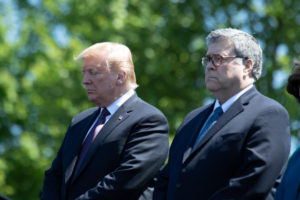
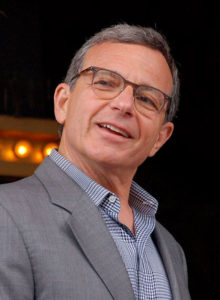
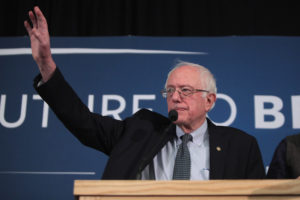
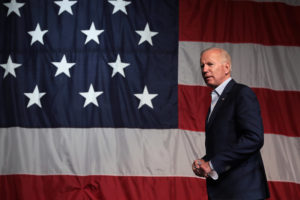
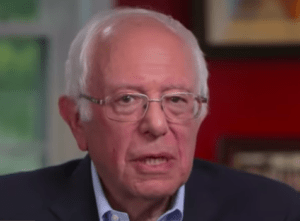

You need to be a supporter to comment.
There are currently no responses to this article.
Be the first to respond.